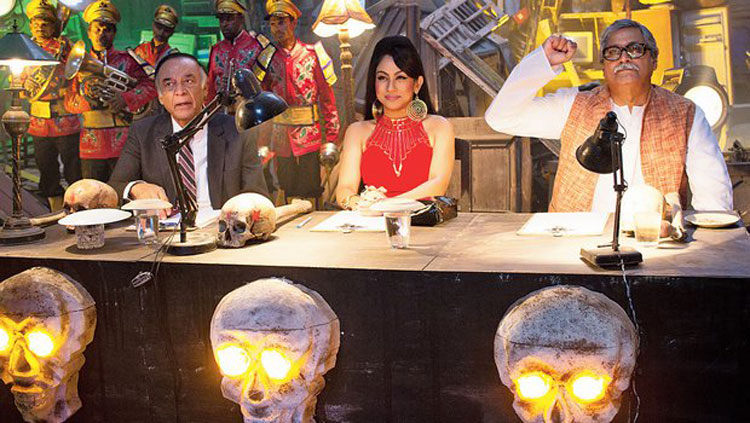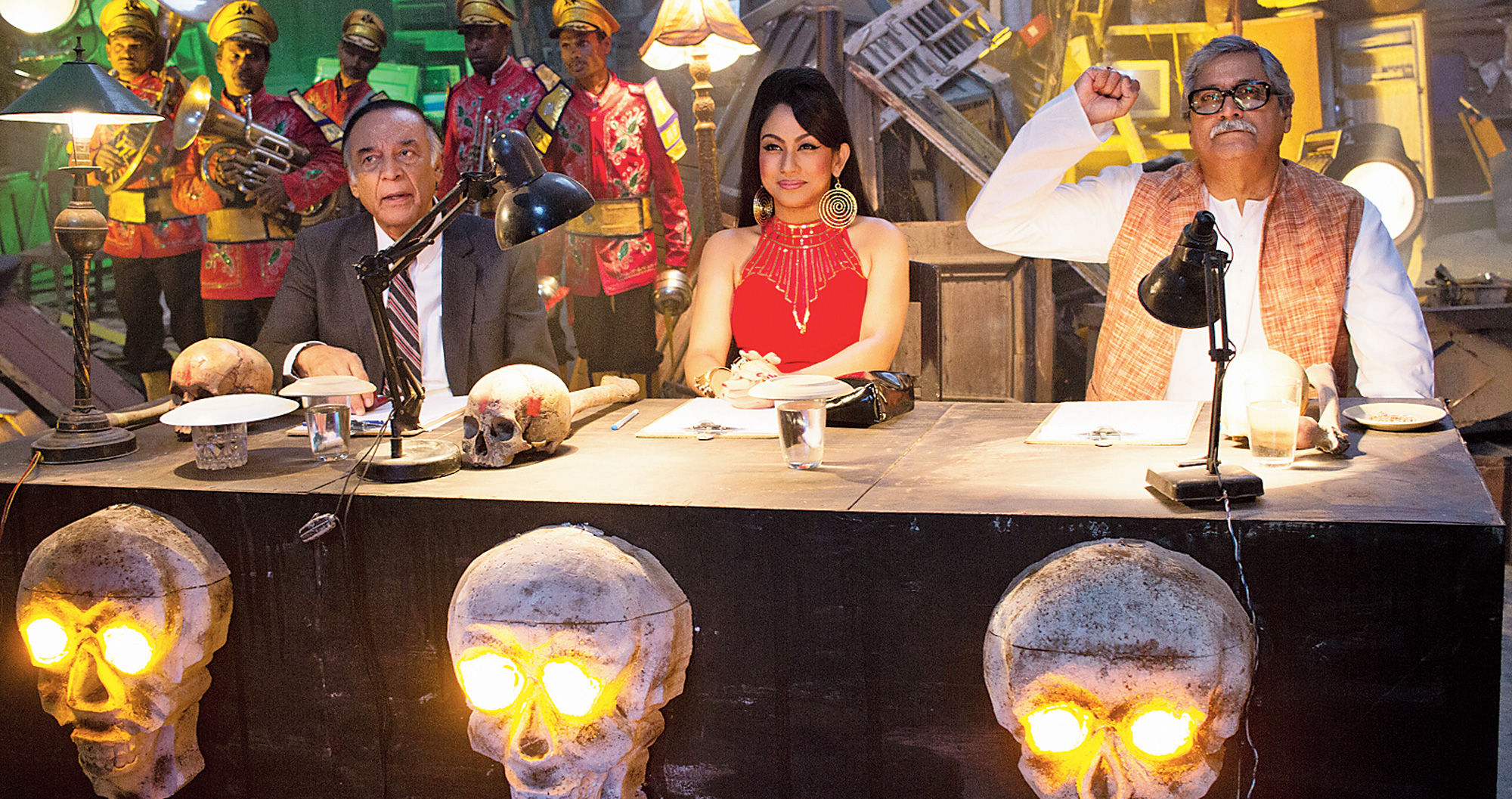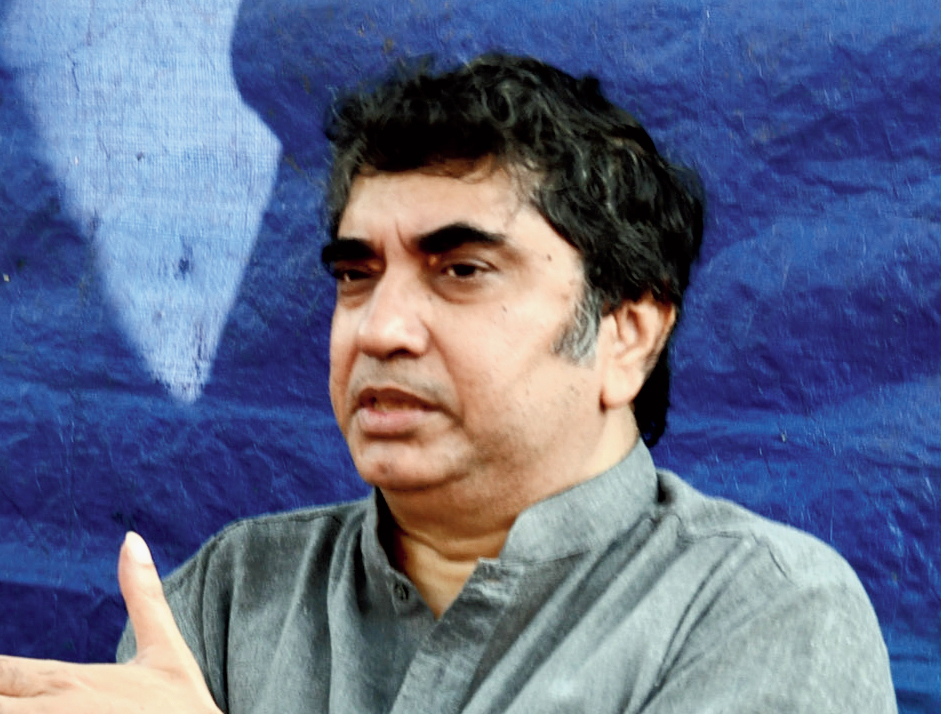The Supreme Court on Monday directed the Bengal government to issue a circular “forthwith” to all theatres stating that “there is no ban on the screening” of the film Bhobishyoter Bhoot.
The political satire, directed by Anik Dutta, was taken off screens a day after its release on February 15, with theatre owners alleging that police had ordered the step.
The bench of Justices D.Y. Chandrachud and Hemant Gupta also directed the joint commissioner of police, Calcutta, to withdraw the communication issued by him to the producers of the film “that the contents of the film may hurt public sentiments which may lead to political law and order issues”.
Justice Chandrachud further directed the state’s principal secretary, home, and the director-general of police to file a compliance affidavit before the next date of hearing on April 1.
The bench passed the directions after advocate Sanjay Parekh, appearing for the producers, alleged that despite the March 15 directive of the apex court to the state to ensure unhindered screening of the film, only 10 theatres were screening it because there was no official communication from the state that there was no ban on the movie.
None of the 10 cinemas is in Calcutta.
Appearing for the Bengal government, senior advocate Abhishek Manu Singhvi contended that the government had “no positive obligation to market the movie” and asserted that the state had not imposed any restriction on its screening.
He placed before the court a list of 12 theatres that he said were screening the film in Bengal.
“He (producer) wants me to market the film. (The) state is here not to market the film… he is trying to harass and browbeat me,” Singhvi said.
Parekh submitted that cinema owners had expressed their inability to screen Bhobishyoter Bhoot in the absence of a written communication from the government that film had not been banned.
Singhvi answered in the negative when Justice Chandrachud asked whether there was “any written direction by you to any exhibitors not to screen” the film.
The court then proceeded to direct the state to issue a communication to all theatres in Bengal stating that there was no ban on the screening of the film. As the senior counsel persisted with the argument that the state could not be expected to market the film, the judge said: “When the film is certified by (the) CBFC (Central Board of Film Certification), this court must do all within its power to ensure that there is no obstruction to the screening. West Bengal is not a state like others… let million flowers bloom… your state is known for intellectual pursuits.”
At the last hearing on March 15, the top court had said: “We strictly direct chief secretary, West Bengal, as well as the principal secretary, home, to ensure that no obstruction or restraint of any kind whatsoever is imposed on the viewing of the film or the film being screened in theatres.
“We also direct the chief secretary, principal secretary, home, and DGP to ensure proper arrangements of security are made to facilitate screening of the film and to ensure viewers and audience are not in danger and there is no danger to the property of the theatre where the film is screened.”
Pursuant to the directions, the state officials had filed their replies to explain that there was no restraint on the screening of the film. The court, however, was not satisfied with the replies and issued fresh directions.
Plex representatives refused to comment when asked about the issue.
A senior officer of Calcutta police, who requested not to be named, said: “We cannot comment till we receive the order.” Text messages to the director-general of police seeking his reaction did not elicit any response.













